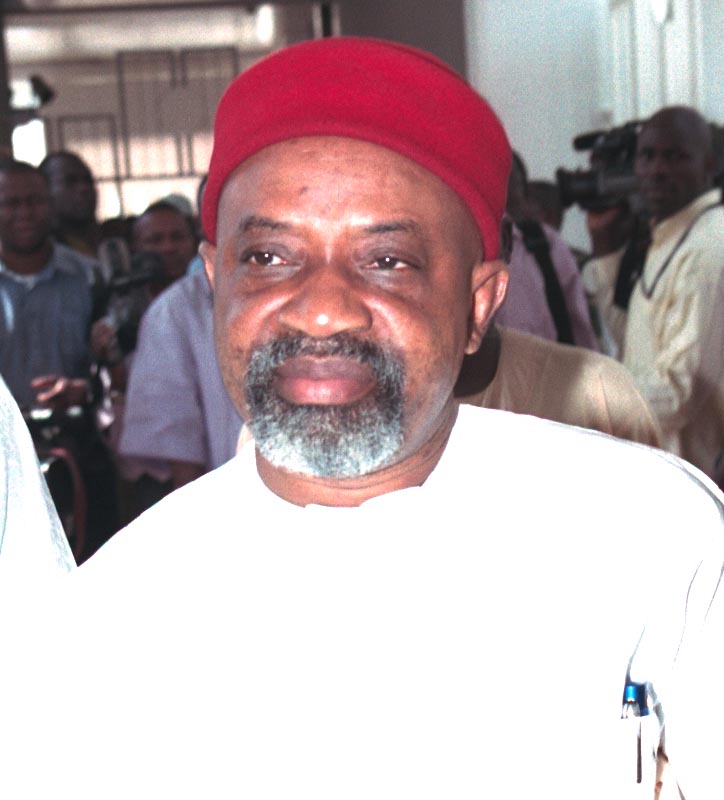THE Minister of Labour and Employment, Dr. Chris Ngige, recently faulted certain aspects of the 2015 Child Labour Report which wrongly accused Nigeria of employing child soldiers in its fight against Boko Haram. The minister, who reacted to the findings of the report in Abuja, denied that Nigeria employed children as soldiers in her fight against the sect.
The minister had attributed the incident to the desperate activities of the Boko Haram insurgents, whose terrorist activities had no links with Nigerian government. Ngige, who received the report from the representative of the Department of Labour, Marlin Hardinger, also said that the involvement of children in low occupation such as begging and scavenging, apart from cultural practices, is mainly the consequence of poverty and poor education which African countries are grappling with at the moment.
We agree with the minister that Nigeria does not engage the services of child soldiers. Indeed, the Nigerian military is unable to cope with the number of eager adult applicants who throng its recruitment centres.
Given the current rate of unemployment in the country, the military may indeed be unable to absorb more than one or two per cent of such applicants. For whatever it is worth, it needs to be stated that it is against the official policy of the Nigerian government to recruit under-age children for military service.
On the contrary, the country is saddened by the mindless exploitation of children by the members of Boko Haram sect, who have demonstrated utter disregard for the rudimentary rules of human society.
The terrorists find young minds as the most fertile grounds for their perverted doctrines of hate and nihilism. The struggle to properly instruct young Nigerians in the North-East to inoculate them from mischievous doctrines remains one of the most difficult aspects of the fight against the sect.
However, the report was positive in noting the “moderate advancement” in Nigeria’s effort to tackle child labour, which we consider a fair assessment. The country has a comprehensive list of necessary enactments to protect children and young persons from child labour, trafficking, and exploitation of all kinds.
With those laws in place, the government cannot remotely be expected to abuse its own laws. Indeed, we have active civil society organizations which serve as watch-dogs on these issues.
Although many families, especially the very poor, have sometimes enlisted their under-aged children to help out by contributing to the economic welfare of the family, it is often strictly a survival strategy and has been part of the country’s culture from antiquity. It is certainly not the ideal and must not be done at the expense of the children’s education. In other words, children ought not to be enlisted during school hours or during the period of the day when they should be in school.
Part of the problem remains the cost of education itself. Our universal, free primary education has neither been universal nor free in most instances. Even when tuition fees are free, other demands are made by schools from parents who can hardly afford them. The result has been the disastrous enrolment situation which has excluded as many as 10.5 million children.
We appeal to the Federal Government to take all necessary measures to re-enlist all the children outside the school system at the primary level. It is in our national interest to do so. Government must ensure that primary education is completely free and no parent or guardian can possibly have any excuse to disrupt a child’s education. Only then can the government have the moral authority to impose penalties on parents and guardians who interfere with a child’s education.
We urge Nigerians to send their children to school. Children belong to school. We owe them that care.

